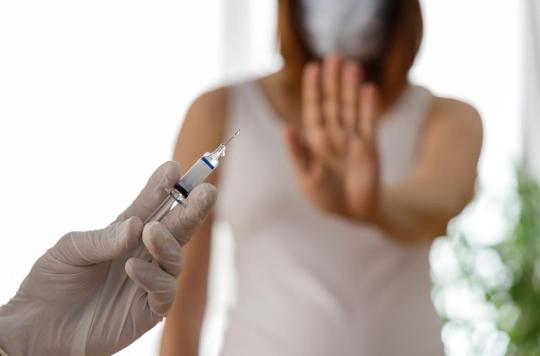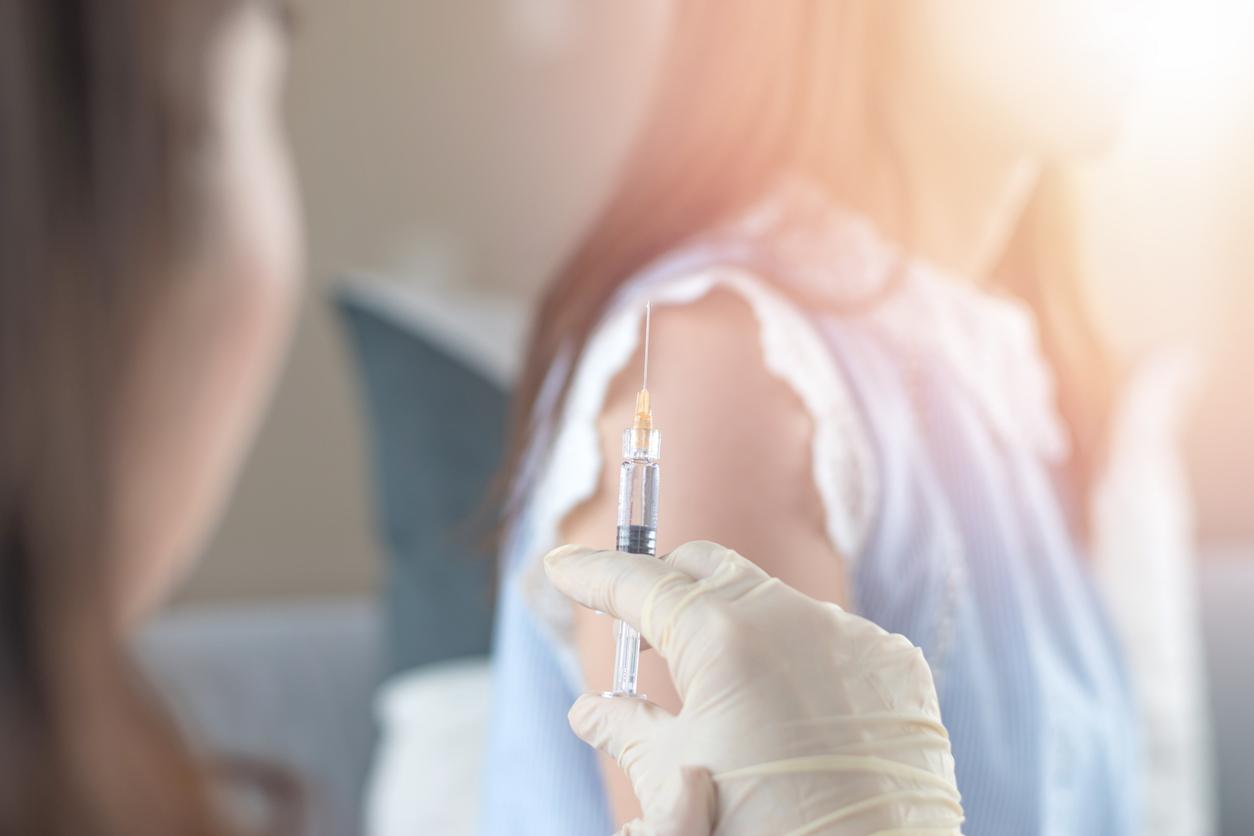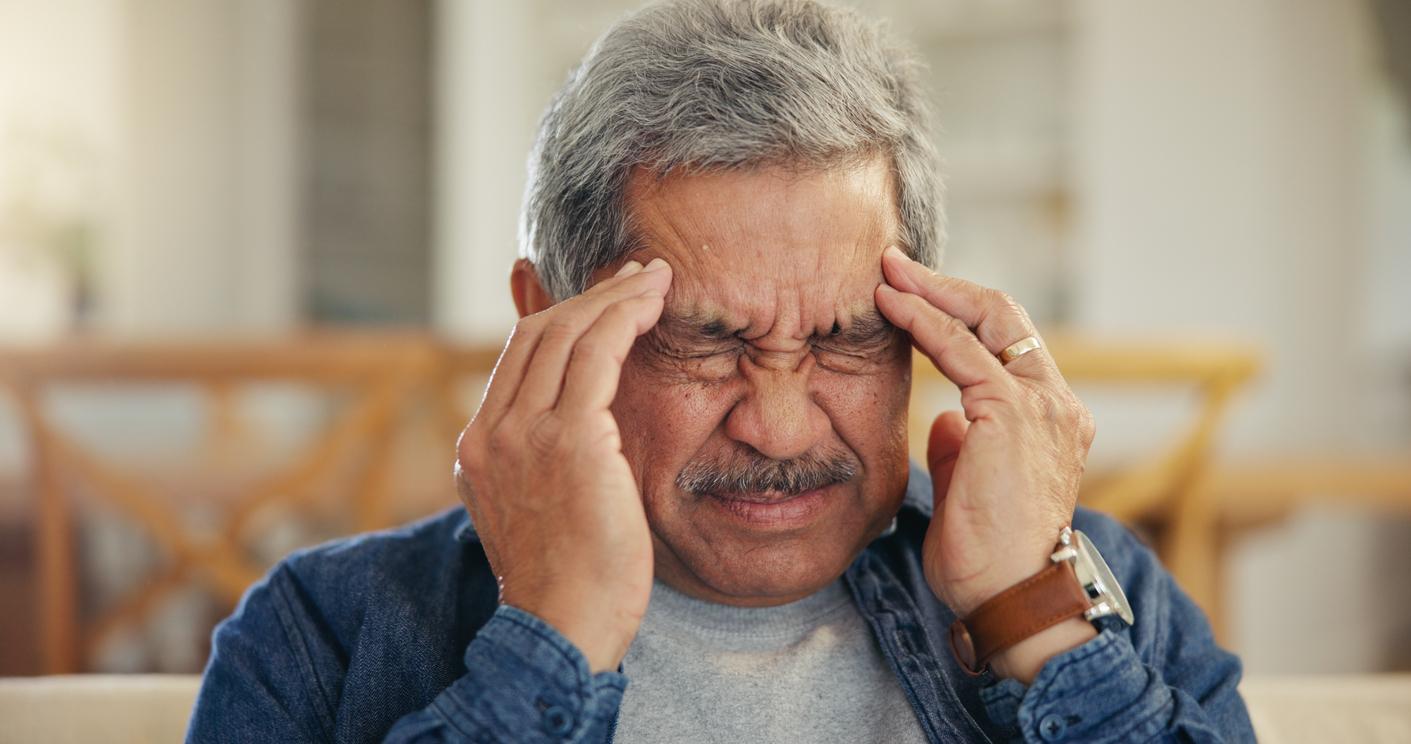Since the start of vaccination, many people have been reluctant to receive serum against Covid-19. According to a recent British study, traumatic events that occurred during childhood could be at the origin of this hesitation.

- As of January 31, 80.1% of the French population has received at least one dose of the Covid-19 vaccine.
- Vaccine hesitancy was three times higher among people who had experienced at least four traumatic events during their childhood than among those who had not suffered any.
Almost 20%. This is the proportion of French people who have not received any dose of coronavirus vaccine, according to the latest data from the Ministry of Health. Among these citizens, some hesitate or refuse to be vaccinated. According to researchers at the University of Bangor, Wales, this reluctance to vaccinate could be linked to a trauma experienced during childhood. “Adverse childhood experiences can affect lifelong health and well-being, including behaviors and confidence,” wrote the team in work published in the journal BMJ Open February 1.
9 types of trauma suffered before the age of 18
Some research has suggested that traumatic events that took place during childhood can compromise trust in health and other public services. In this study, British scientists wanted to determine if there was a link between childhood trauma, trust in information about the Covid-19 epidemic, compliance with health restrictions and the intention to to get vaccinated.
For research purposes, the team analyzed responses from a telephone survey conducted between December 2020 and March 2021 among 2,285 adults living in Wales. During this period, health measures aimed at curbing the spread of the virus were in force.
The survey looked at nine types of trauma experienced before the age of 18: physical, verbal and sexual abuse, separation from parents, exposure to domestic violence, living with a mentally ill family member, alcoholism and/or drug addiction, or having been in prison.
People with childhood trauma were three times more reluctant to get vaccinated
According to the results, 52% of the respondents said they had not suffered trauma during their childhood. But about one in five volunteers said they had experienced one before the age of 18, 17% of respondents had suffered two or three traumas and 10% had experienced four or more. “The increase in negative childhood experiences was independently linked to low trust in information about the coronavirus, feelings that government restrictions are unfair, and a desire to remove mandatory mask-wearing and social distancing. “, can we read in the works.
The researchers found that the greater the number of childhood traumas, the less the health restrictions were respected. Hesitancy to get vaccinated was three times higher among participants who had experienced at least four types of traumatic events during childhood than among those who had not. “Modeled estimates of vaccine hesitancy ranged from 3.42% among people aged 70 years and not having suffered a traumatic event to 38.06% among 18-29 year olds who had suffered 4 or more types of trauma during childhood, detailed the authors.
“There is an urgent need to better understand how to improve trust in health services and compliance with health restrictions. Without thinking about how best to involve these people, some risk being excluded from health interventions. public, to remain exposed to higher risks of infection and to pose a potential risk of transmission to others”, concluded the scientists.
.

















